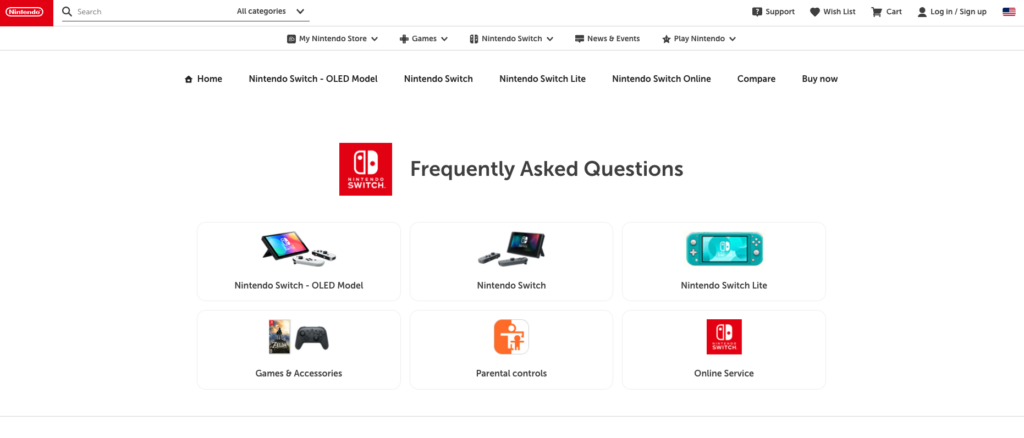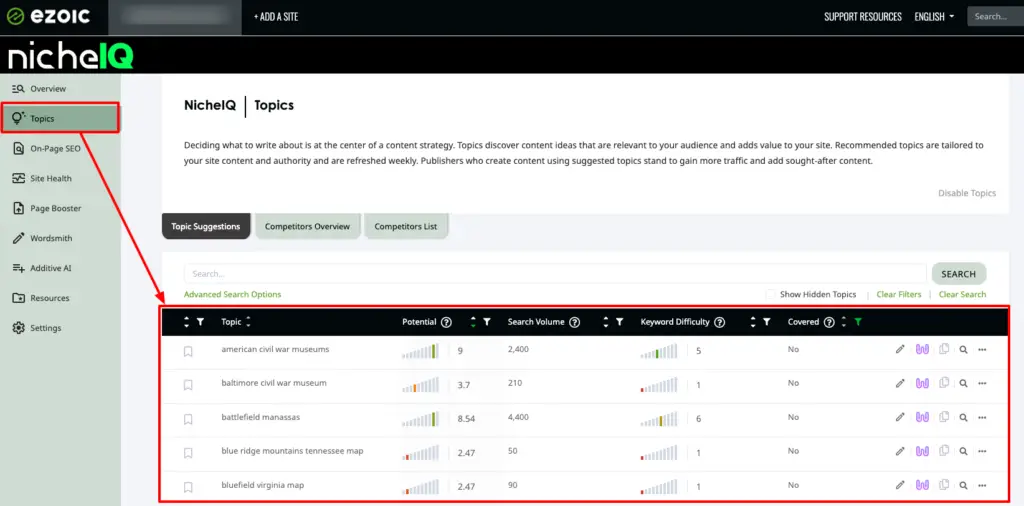In today’s digital era, the integration of AI and SEO has become indispensable for content creators and marketers. This article delves into how generative AI is revolutionizing the SEO landscape. While the model excels in mimicking human-like text, its applications in SEO—from keyword suggestions to content writing—are profound, albeit with certain limitations.
This guide offers insights into maximizing the benefits of ChatGPT while ensuring the generated content adheres to the best SEO practices, remains unique, and genuinely caters to user intent. As we navigate the intertwining realms of AI and SEO, this guide serves as a roadmap to strike the perfect balance.
Understanding ChatGPT and Its Role in SEO
ChatGPT, developed by OpenAI, is a language model that uses AI to generate human-like text in response to prompts or conversations. It’s a powerful tool for content creation and SEO tasks, including keyword research and optimization. However, it’s important to note that while we’ll be discussing content generated by ChatGPT, the content of this episode is not generated by the AI model.
The Art of Crafting Title Tags and Meta Descriptions
Title tags and meta descriptions play a crucial role in SEO. A well-crafted title tag, ideally within the 60 to 70-character range, prioritizes keywords over branding and creates a sense of anticipation and urgency for the reader, thereby improving click-through rates.

Meta descriptions, on the other hand, should be around 160 characters.

By providing the model with a brief summary or the main points of your post, ChatGPT can generate a compelling title tag that encapsulates the essence of your content, adhering to the recommended character limits. For meta descriptions, giving a more detailed summary allows ChatGPT to produce concise, keyword-rich snippets that accurately represent the post’s content, enticing users to click. However, always ensure to review and fine-tune these AI-generated outputs best to match your content’s intent and target audience.
Leveraging ChatGPT for Content Writing
Moving on to content writing, ChatGPT can be a valuable tool for generating articles. However, it’s crucial to avoid generic prompts that may result in duplicate or poorly formatted content. Instead, provide specific and original ideas to the AI to create unique content.
Remember, fact-checking the generated content is vital, especially when writing about specific topics.
Here’s a step-by-step guide to creating effective prompts for the model:
- Specificity is Key: Clearly define the topic you want to cover. Instead of “Tips for gardening,” use “Top 5 organic pest control methods for home gardens.”
- Determine the Angle or Tone: If you want a specific style, such as conversational, formal, humorous, or informative, specify that in the prompt. For example, “Write a humorous take on the challenges of remote work.”
- Set the Structure: Giving ChatGPT an idea of the desired format can help. For instance, “Provide an introduction followed by three main points, each with a sub-heading, on the benefits of meditation.”
- Include the Target Audience: Mentioning the audience ensures the content is tailored to them. “Provide beginner-friendly advice for those new to digital photography.”
- Ask Open-ended Questions: Instead of instructing ChatGPT to “write about climate change,” ask “What are the primary causes and effects of climate change in the last decade?”
- Add Context: If you want content that builds upon existing knowledge, giving a brief context can help. “Following the premise that intermittent fasting aids weight loss, delve into its impact on metabolism.”
- Limitations and Restrictions: If there’s something you want to avoid, specify that. “Discuss the ketogenic diet’s benefits without delving into potential risks.”
- Review and Iteration: After getting the initial response, you can further refine or ask the model to expand on specific points. Use the feedback loop to improve the content iteratively.
Remember, the clearer and more specific you are with your prompt, the better the output will likely be. Experiment with different prompt structures and styles until you find what works best for your needs.
While generative AI can be a great tool for content writing, adding personal experiences, insight, and opinions, along with editing the content to match your personal writing style, can make it more unique and valuable.
Optimizing Articles to Satisfy Search Intent
Creating well-optimized articles that satisfy search intent is key. One way to do this is by including an FAQ section in the article, which can improve search rankings and click-through rates.

Tools like Yoast and RankMath are popular plugins for implementing schema markup, which can be used to generate an FAQ section.
Looking towards the future, while there currently isn’t a way to block AI like ChatGPT from accessing website content, it’s an important consideration for the future. Also, remember the importance of expertise, authority, and trustworthiness (E-A-T) in certain types of content, such as medical, financial, or legal topics. Using author schema can enhance E-A-T signals in search results.
The Role of Schema and Keyword Research in SEO
Schema can be used to increase authority on web pages by providing information about a person, such as their job title and social media links. However, ChatGPT has limitations when it comes to creating specific schemas, as it doesn’t have access to the data on the page. Therefore, it’s necessary to fill in the schema with accurate information manually.
While ChatGPT can provide some keyword suggestions, it lacks access to important data like search volume and competitor analysis. Therefore, it’s best to rely on dedicated keyword research tools or cross-reference ChatGPT’s suggestions with such a tool for better results.
Ezoic users can enable Topic Suggestion in NicheIQ to discover keywords and topics that add value and relevance to your specific domain. The suggested topics are content that will provide consistent value, not what is viral or emerging, which usually has short-lived significance. The suggestions take into account variable metrics to calculate what topics are worth the effort and are evergreen in being the content readers want at any given time

Search engines like Google may be unable to differentiate between generated and human-created content unless it’s obvious. Google has changed its stance on AI-generated content, and as long as original ideas are incorporated, there shouldn’t be any issues with using generative AI.
Remember, the key to successful SEO is not just about leveraging AI but also about adding a personal touch and ensuring the content is unique, valuable, and satisfies search intent.
In Conclusion
By leveraging ChatGPT judiciously and complementing it with human touch, expertise, and intention, we can craft content that not only ranks well but truly resonates with audiences. As with all tools, its effectiveness lies in how we use it. With the insights from this comprehensive guide, content creators and marketers are well-equipped to harness the synergy of ChatGPT and SEO, setting the stage for a more dynamic and efficient future in digital content optimization. Happy optimizing!


